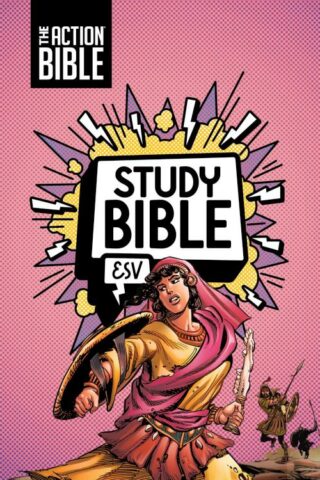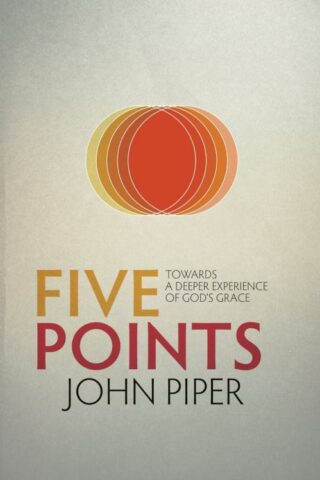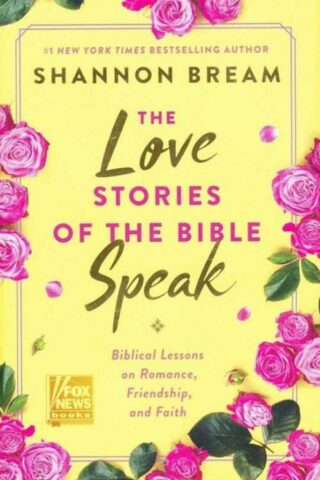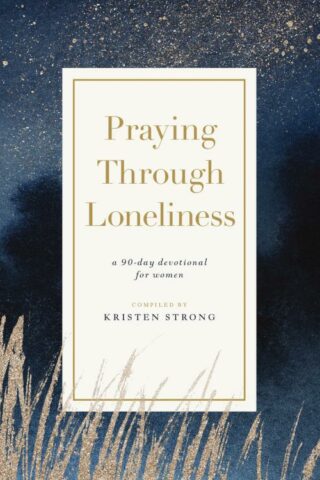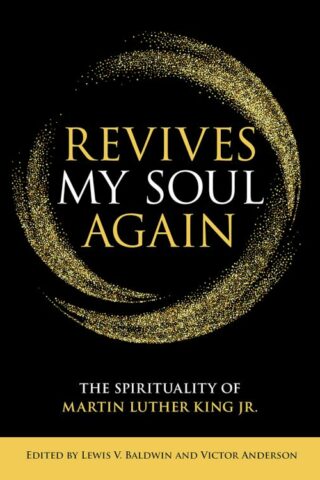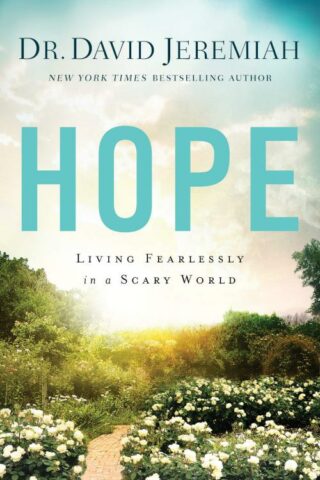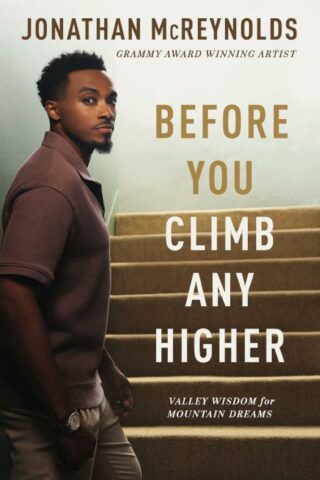Victor Anderson
Showing the single result
-
Revives My Soul Again
$50.00MLK and the Practice of Spirituality
The scholarship on Martin Luther King Jr. is seriously lacking in terms of richly nuanced and revelatory treatments of his spirituality and spiritual life. This book addresses this neglect by focusing on King’s life as a paradigm of a deep, vital, engaging, balanced, and contagious spirituality. It shows that the essence of the person King was lies in the quality of his own spiritual journey and how that translated into not only a personal devotional life of prayer, meditation, and fasting but also a public ministry that involved the uplift and empowerment of humanity. Much attention is devoted to King’s spiritual leadership, to his sense of the civil rights movement as “a spiritual movement,” and to his efforts to rescue humanity from what he termed a perpetual “death of the spirit.” Readers encounter a figure who took seriously the personal, interpersonal, and sociopolitical aspects of the Christian faith, thereby figuring prominently in recasting the very definition of spirituality in his time. King’s “holistic spirituality” is presented here with a clarity and power fresh for our own generation.
Add to cartin stock within 3-5 days of online purchase

